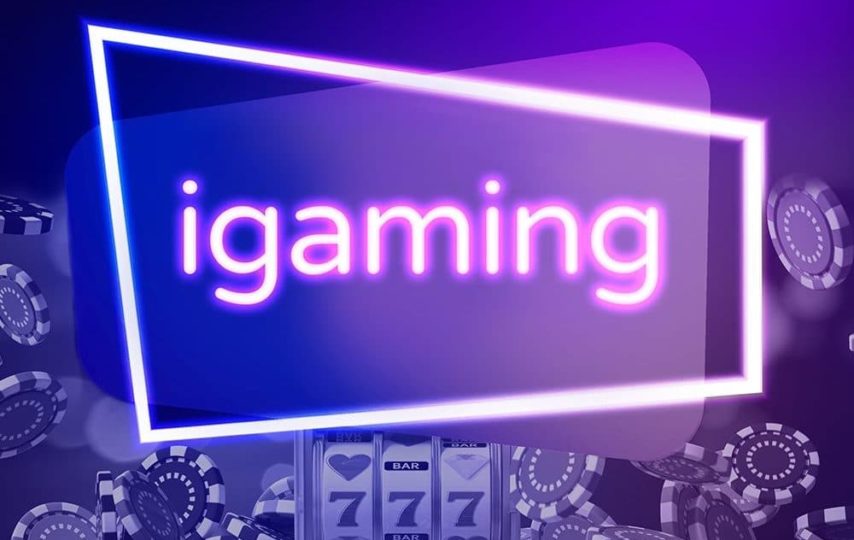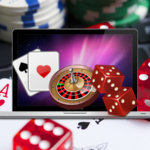During the fourth episode of CoinGeek series Hashing it Out with Becky Liggero, a seasoned iGaming professional and expert with two decades of experience, Nick Hill, states that the gambling industry needs blockchain in order to level up and meet the increasing demands of the market. He likens blockchain to the Internet as a new technology upon which an endless number of applications could be built.
“I’m not a techie by any stretch of the imagination, but I understand the commercial applications of using this technology. I got involved in the Internet very early on in ’95, ’96, and I could see the application of it. And blockchain is the next big thing for me, personally, because I can just see its applications. I can see where it can be used in the vertical that I’ve decided to play in for the last 20 years, which is the online gaming space,” Hill said.
Blockchain is a decentralized and distributed ledger that records data in an immutable and chronological way. It is decentralized in that there is no one administrator who has control of all data; and data is distributed among all miners or nodes on the network. All nodes have to agree to changes in the system and data, making it practically impossible to manipulate. This provides security, immutability and integrity to data. Being public is an important nature of blockchain. Not all blockchain providers are public. Those that are, like the BSV blockchain, makes data accessible to users, offering transparency to data that is perfect for the gambling industry.
“Blockchain has come on in the last few years immensely. It’s totally changed. When it first came out, it was BTC in 2012. Nobody really knew what it was doing. It’s a coin, it’s for payment processing. Now, people are starting to wake up to using it as a utility application… It’s only now that it’s starting to happen that businesses are starting to adopt it and look at it—to look how they can reduce costs, how they can make things a little bit more transparent, how they can be more auditable, trackable and traceable,” Hill stated.
Because all transactions on the blockchain are traceable, verifiable and auditable, it makes it easier for operators to enforce responsible gaming and regulatory compliance. On top of being able to analyze player data to prevent problem gambling, operators do not need to go through the trouble of balancing invoices and sifting through paperwork in order to show proof of regulation compliance. Regulators can even be given access to blockchain data, which also makes it a lot easier for them to check if operators are following regulations.
“Blockchain enables the operator to not only protect themselves and protect themselves from fines that they’ve been getting, but also to protect the player. So. if you’re using this progressive technology to enhance and protect a player’s experience, you know it’s got to be a good thing. And at the same time, protecting the operator, because they have the ability to store everything on chain, so that it’s on a timestamped and immutable ledger that the operator can always be referred back to. Companies may pick up these fines for not adhering to the rules and regulations in responsible gaming,” Hill explained.
Because blockchain is a new technology, not many operators can see its advantages. It is understandable that a business will not shift to a new system if it does not know what it is. And so, blockchain education is key to its adoption. “We’ve got CoinGeek Conference coming up in Zurich; and again, we’ve got to use that forum to educate—educate the industry and educate our chosen vertical, which is the iGaming industry.”
CoinGeek Conference will virtually be held on June 8-10, 2021. Everyone is invited to register for free and attend so they can learn more about the various uses and benefits of blockchain.













